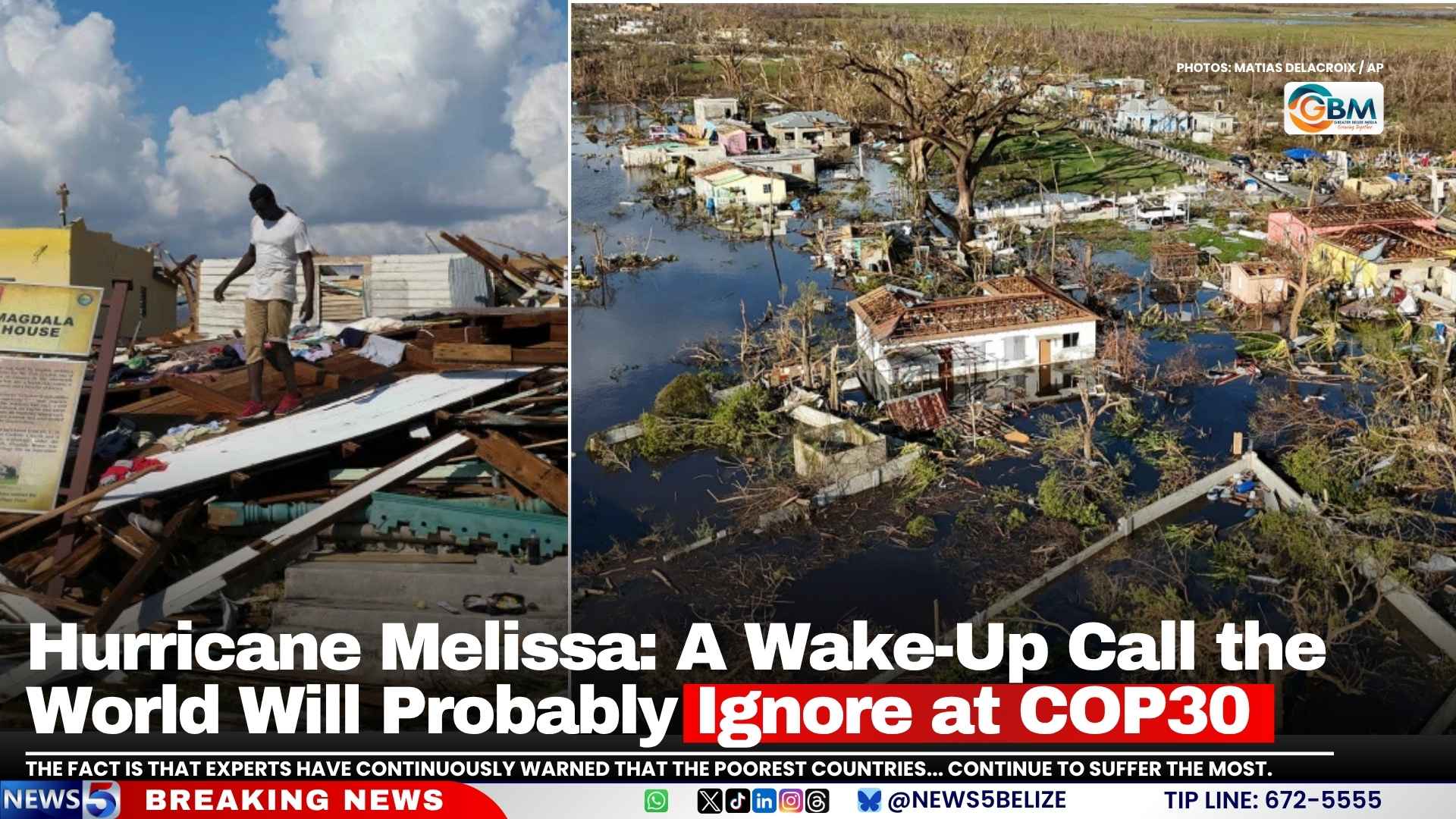Hurricane Melissa, a catastrophic storm that ravaged the Caribbean in late October 2025, has left a trail of destruction across Jamaica, Haiti, and Cuba. With recovery efforts underway, the disaster has reignited urgent discussions about the escalating intensity of tropical cyclones in an era of global warming. Haiti has reported 31 fatalities, with 21 individuals still missing, primarily in the southern regions. Jamaica’s Prime Minister Andrew Holness confirmed 28 deaths, cautioning that the toll may rise in the coming days. Cuba, while reporting no fatalities, evacuated over 735,000 residents due to severe flooding. The storm’s timing is particularly poignant as it precedes the COP30 climate summit in Brazil, set to begin on November 6. Experts argue that warmer oceans, fueled by climate change, are intensifying hurricanes, disproportionately affecting poorer nations that contribute least to global emissions. Despite Jamaica’s catastrophe bond releasing $150 million for relief, the Caribbean faces a staggering $100 billion investment need to build resilience against future disasters, as repeated storms exacerbate debt burdens.
